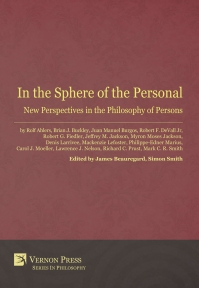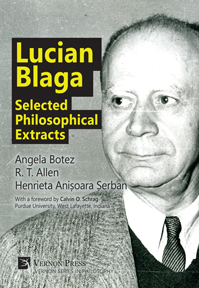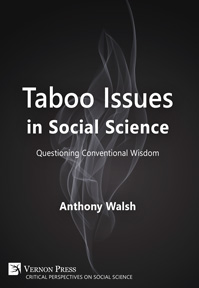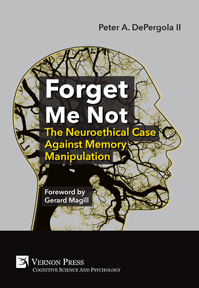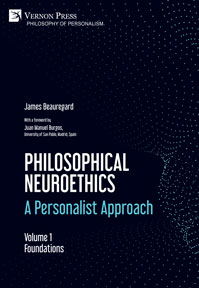Life as an Intelligence Test: The Predictive Power of IQ
by Anthony Walsh (Boise State University)
Purchase this book
(click here to change currency)
This book examines intelligence as it applies to various facets of human life. It explores the evolutionary origin of intelligence and the genetics and neurobiology of intelligence. Every human being is intelligent, but some are more intelligent than others. We know this both by observing different people’s behavior and position in life and by their different intelligence quotient (IQ) scores. Most of the business of life can be conducted on a basis of habit, with little need for exceptional intelligence, which is irrelevant for many day-to-day pursuits. However, people of higher intelligence do much better in life than those of lower intelligence in so many ways. They attain higher social class, better physical and mental health, are less likely to be criminals, and many other things.
IQ tests measure different cognitive abilities, but there is a factor common to them all that psychometricians call Spearman's g, or simply g. What this means is that in tasks that tax the brain, however different they may be from one another, if a person is good at one mental task, he or she is likely to be good at others, although not necessarily to the same degree.
Preface
Acknowledgments
Chapter 1 The Concept and Measurement of Intelligence
What is Meant by Intelligence?
IQ Subscales
Crystallized and Fluid Intelligence
High IQ Does Not Necessarily Imply Wisdom
Chapter 2 Are IQ Tests Culturally Biased?
The Painful Issue of Racial Differences
The Issue of Test Bias
Addressing the Problem Race Differences
Self-Esteem and Stereotype Threat
Chapter 3 The Evolution and Neurobiology of Intelligence
How did Humans Become so Smart?
Cold Winters Theory
Brain Physiology and Intelligence
The Role of the Environment in Brain Development
Synaptogenesis
Chapter 4 Genetics and Intelligence
Behavioral Genetics and the Concept of Heritability
Heritability in Different Environments
Shared and Non-Shared Environment
Gene-Environment Interaction and Gene-Environment Correlation
The Heritability of Intelligence
Molecular Genetics and Intelligence
Epigenetics
Chapter 5 Environmental Influences on Intelligence
The Flynn Effect
The End and Reversal of the Flynn Effect
Can we Change Individuals’ IQ?
Factors that Decrease Latent Intelligence
Breastfeeding: An IQ Enhancer
Chapter 6 Intelligence, Temperament, and Socioeconomic Status
IQ and SES
The Changing Role of Intelligence in Human History
Ascription versus Achievement
IQ Predicts Many Outcomes in Life
Temperament and SES
Chapter 7 Intelligence and Physical and Mental Health
Cognitive Epidemiology
Health and Income Inequality
Intelligence Versus SES in Various Health Outcomes and Mortality
Cardiovascular Health
Intelligence, Mental Health, and Substance Abuse
Chapter 8 The IQ-Criminality Relationship
The Intelligence-Crime Relationship
Intellectual Imbalance
Factors Mediating the IQ/Crime-Delinquency Relationship
The Differential Detection Hypothesis
Offending Among High-IQ People
References
Index
Anthony Walsh has taught biosocial criminology, statistics, and philosophy of law for 34 years at Boise State University. He is the author of 51 previous books and over 150 articles/book chapters. He has been awarded college and university awards for his research and has been awarded lifetime achievement awards by the Biosocial Criminology Association and by the Biopsychosocial Division of the American Criminology Society.
Intelligence, Socioeconomic Status, Flynn Effect, Genetics, Neurobiology, Health, Criminality
See also
Bibliographic Information
Book Title
Life as an Intelligence Test: The Predictive Power of IQ
ISBN
978-1-64889-920-1
Edition
1st
Number of pages
115
Physical size
236mm x 160mm

![Life as an Intelligence Test: The Predictive Power of IQ [Paperback]](/file/23229/f2b0949287b05a7804040eaa634c28cb/1709120288.jpg)

